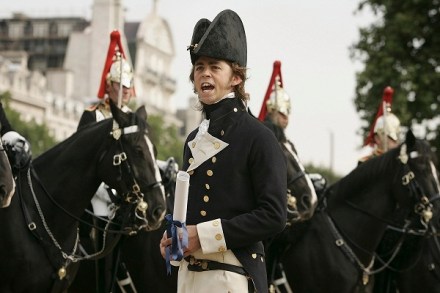The Atlantic, the ocean that made the modern world
Just as the classical world was built around the Mediterranean, the modern world was built around the Atlantic. The Romans called the Med ‘Mare Nostrum’ – Our Sea. The Atlantic, on the other hand, was a place of contest for centuries. European nations fought for supremacy and plunder upon it, traded for wealth across it, and scrambled for territory around it. According to John K. Thornton, author of A Cultural History of the Atlantic World 1250-1820, the creation of an ‘Atlantic World’ was driven by the hunger of European states for hard cash. Money was needed to support the fantastically expensive armies which, from the late Middle Ages onwards, European















